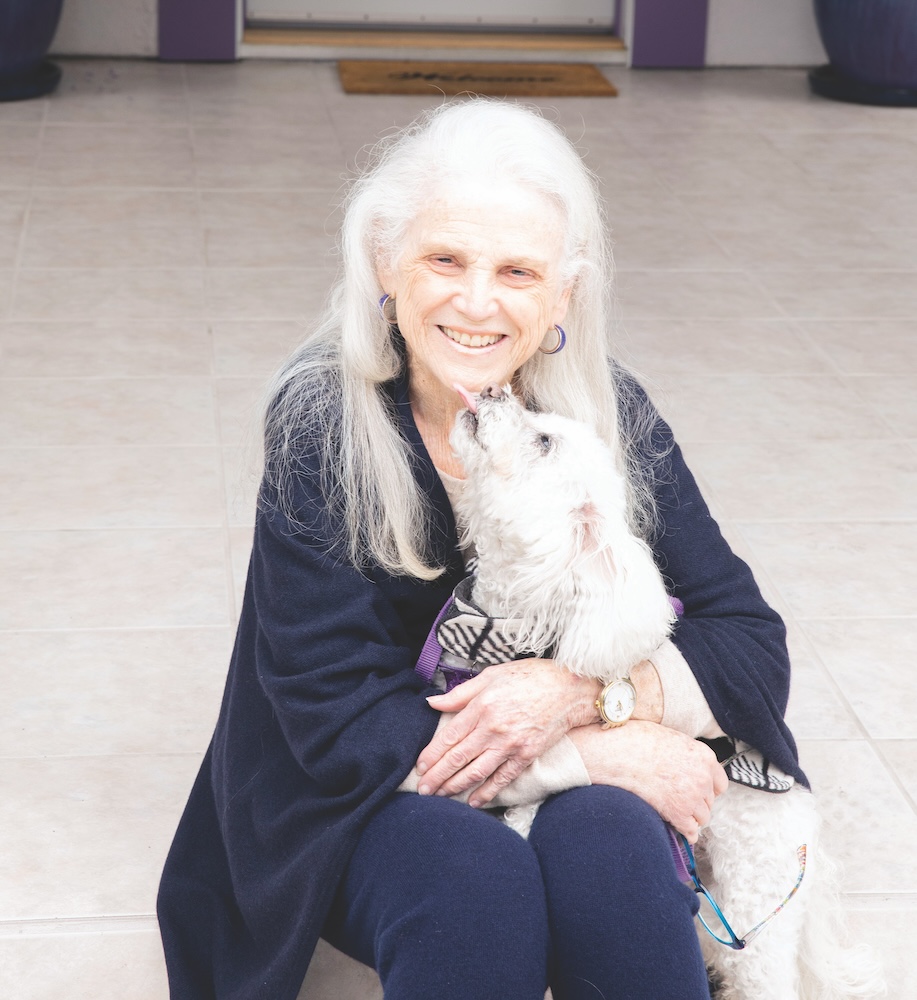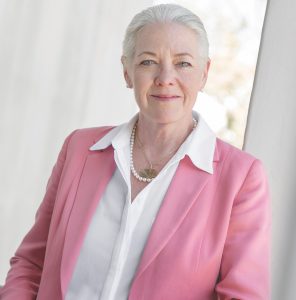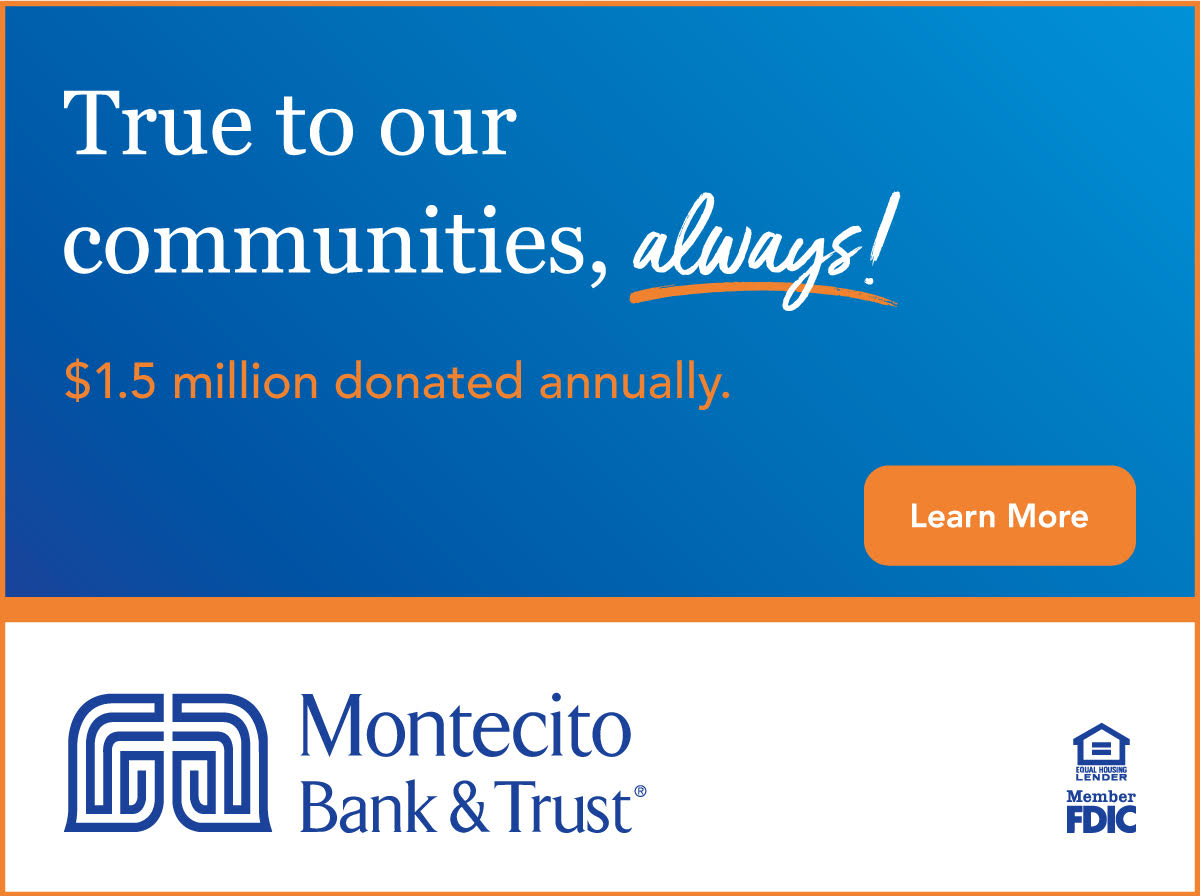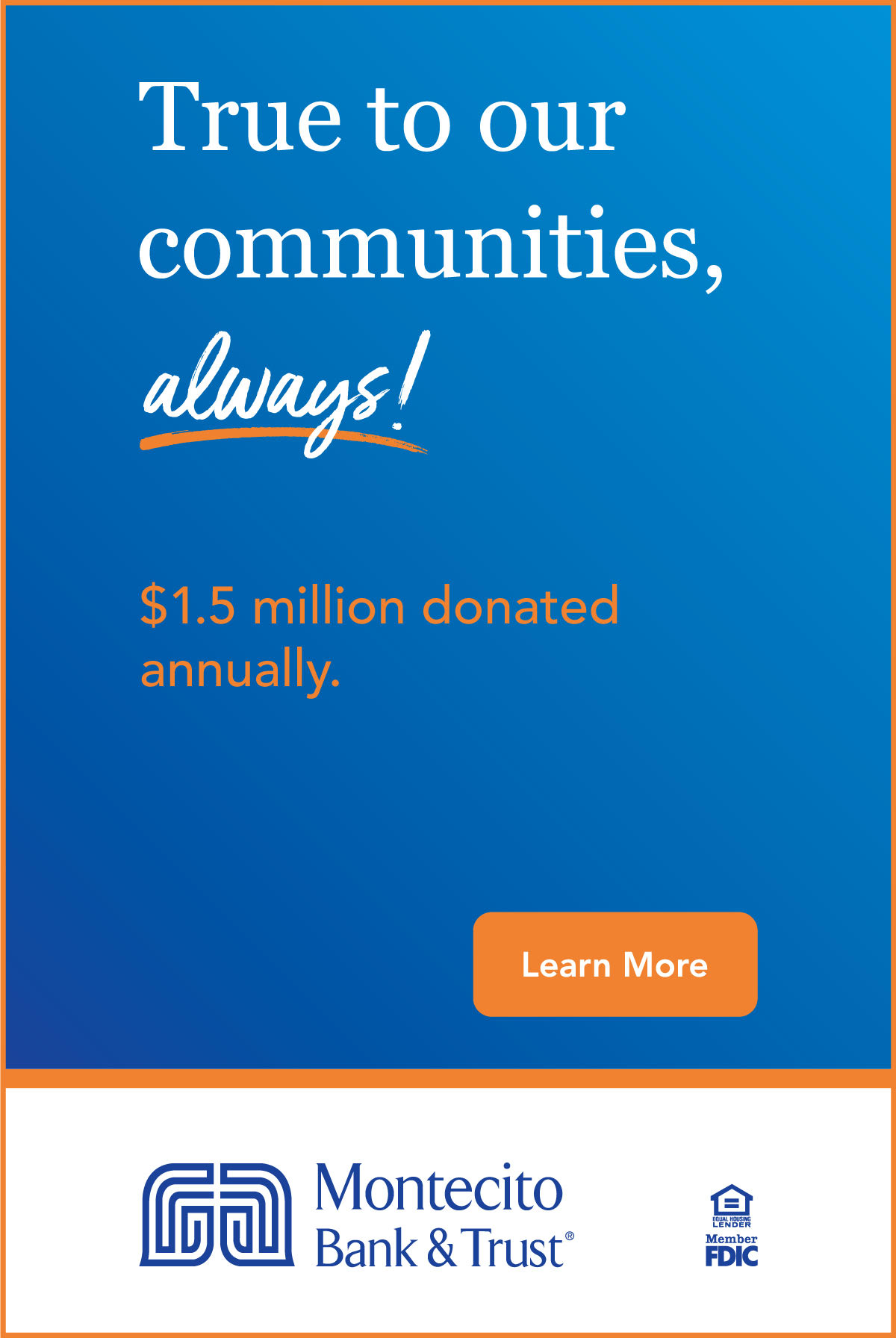Susan Rose: Working Together to Solve Pressing Issues: Government, Philanthropists, and Nonprofits

Susan Rose’s decades of experience in public administration, education, and community activism has seen her do everything from advocate to get her local school board to replace sexist textbooks in the elementary schools to create initiatives for affordable housing and ending homelessness during two four-year terms on the Santa Barbara County Board of Supervisors. Along the way, Rose was executive director of the City of Los Angeles Commission on the Status of Women; served on the Fair Employment and Housing Commission, California’s civil rights agency; held various positions in local government; and directed a nonprofit agency.
In 2004, she initiated the Safe Parking Program for homeless individuals and families, an unprecedented program that turned empty company and government parking lots into a safe place for people living in cars or RVs to park, creating stability that could lead to emerging from homelessness. The program has been widely duplicated across the state and the country.
Over the years, Rose has also focused much of her attention on critical issues such as the advancement of women, civil rights, child care, education, and the arts. She serves on the Board of Directors of the McCune Foundation, was a founding member of the Santa Barbara Women’s Political Committee, and was involved with Women’s Campaign International, an international leadership development program, and the Santa Barbara Advisory Board of the Anti-Defamation League. Since retiring from politics, Rose has expanded her distinguished record of community involvement in the region, with her civic involvement including service with Antioch University, the Planned Parenthood Action Fund, Human Rights Watch, The Fund for Santa Barbara, and many other local organizations including the Santa Barbara County Arts Commission.
Rose’s deep commitment to the community also runs to direct philanthropy. The list of nonprofits supported by the former supervisor and her late husband, Allan Ghitterman, runs to dozens, nearly all in the areas of social and economic justice.
Q: Can you share about where you grew up, your family background, and how those early influences affected the direction you took in your life?
Susan Rose: Oh, that’s a lot. It’s like a tree grows in Brooklyn. I grew up in what was then Italian and Jewish neighborhoods in Flatbush. My parents, like many young couples of their age, wanted to get out of the city. And so by the time I was 12 or 13, we moved to Stamford, Connecticut. My family was not involved in politics or community action activities at all so that didn’t come until later. I went to what was then Connecticut College for Women, which really made a difference in my life because the women who went there didn’t worry about what dates they were going to have that weekend. They were committed to the studies and they were fairly competitive, which I loved. But there were so few professions that were encouraged for women back then: just teaching, nursing, librarians. The college didn’t direct us or help us expand on that, although I had one teacher who was a mentor to me and taught me about local politics and got me involved in volunteering for local campaigns.
Q: So that was a signature moment?
A: Yes, but in the meantime, I had married my first husband, who is an ophthalmologist, and we spent four years in Detroit for his residency. This was in the 1960s when there were riots and my husband worked at one of the major hospitals, which was used as a command post. So we got to see firsthand the wildness of burning homes and the city declaring curfews, and a body count that was higher than was being reported. I had a frontline experience of riots in our cities.
That was also where I first was exposed to the feminist community when I read Betty Friedan’s The Feminine Mystique. [The 1963 book famously challenged the widely shared belief that “fulfillment as a woman had only one definition for American women after 1949 – the housewife-mother.”] If you could have seen me reading that book, you would’ve seen a cartoon light bulb go off over my head. The book was describing my experiences of my life at that point – go to college and get an engagement ring on your finger by the time you graduate. That’s all of what I experienced. I got married but my interest in politics was growing, but I was raising two babies also.
So when we moved to Ventura, which was very small at the time and had very little cultural life, I started to get involved in community activism. I helped organize a couple of women’s groups, and became a feminist because the textbooks that my girls got when they started elementary school were just outrageous and sexist. We organized marches, went to the school board, got the libraries to participate, and eventually convinced them to change the books that the school district had adopted. That’s why I learned that you could make a difference by being at the table.
Then my personal life took a very difficult turn and I got a divorce and five years later I met Allan Ghitterman, the man who turned out to be the love of my life. We were together for over 40 years. He was a wonderful man and an activist himself, a very successful workers’ comp attorney who was deeply involved with labor groups. He was my cheerleader, too, and encouraged me to do the things that I loved, which was politics.
Q: Skipping ahead, then, you eventually earned a seat at the ultimate table at the county level – Santa Barbara County Supervisor. Over those eight years, you focused quite a bit on homelessness, affordable housing, improving the quality of life for women and families, and protecting the environment as well as other areas of social justice.
A: For me, government is all about solving problems. You see these human issues not being resolved and you really want to make a difference. It’s about finding a way to do that. It’s always been the only goal… Politics is a place that can make a difference. And local politics are more rewarding because the higher up you go, say to the federal level, the more difficult it gets to get anything done.
Q: Can we talk about the nexus of government, philanthropy, and nonprofits in the ability to effect social change? You’ve done all three for long periods of time, so you’re uniquely qualified to have some insights. Can you share about how these groups can work together to make a difference?
A: Many years ago, when I worked for the City of L.A., childcare was a big issue. I invited Tom Parker from the Hutton Parker Foundation to come and sit in the audience, to take a look and see what we weren’t doing and where the local foundations or nonprofits could make a difference. I had this dream that we would figure out what our government agencies couldn’t fund and then the nonprofits would step to the plate. That didn’t happen then, but it’s happening more and more now where groups are collaborating. There’s a women’s foundation which is trying to make a difference for the women and children in the community and is doing a very good job funding pieces of their programs that they themselves can’t fund. So you have to be willing to go outside the scope of what you’re doing and reach out to the community.
The point is that it’s rare that the government is able to singularly resolve an issue, or a series of issues. It takes many facets of the community coming together, and collaborating. To me, a leader really becomes a leader when they figure this out and become perhaps the facilitator.
When I look back at issues we worked on in Santa Barbara County – housing, homelessness, the COVID pandemic response – we made the most progress when we worked together. When COVID came, the community foundation and other foundations came together to generate funds and to grant monies to groups that needed help, which was a clear collaboration.
That’s also what happened with the Safe Parking program. I discovered when I was on the board that there were people with families living in cars and nobody would allow them to park in their lots at night. The City Council at that time had directed the Police Department to ticket people in vans and cars who couldn’t find a place to park. Eventually we found a site and began the program, which is now 20 years old and has been very successful. What most people don’t know is that it’s not meant to keep people in their cars forever. It is about creating some stability and providing services so they can eventually move into permanent homes. That happens for a couple of hundred people each year. It makes a big difference. It takes government, private businesses with parking lots, and property owners willing to house people, and of course a nonprofit (New Beginnings) and philanthropists to make this happen.
With the San Marcos Preserve, I started a conversation with the developer who decided he was willing to do a property exchange to save 200 acres in perpetuity in a land swap for far fewer houses in an adjacent area. Then 20 years later, the owner, community donors, foundations, and the Trust for Public Lands, nonprofit, were able to collaborate to save the rest.
The more we collaborate, the better off we’ll become.
Q: In addition to all your service, you are also a philanthropist yourself. How do you make your decisions on who to donate to?
A: I did not grow up in that environment. I didn’t learn about charity from my parents because they just didn’t have the means, the resources to do that. I didn’t learn anything about philanthropy until I met Allan, who taught me about tzedakah, the Hebrew word for charity and justice. Every year he contributed to community organizations, Jewish organizations, nonprofits that worked to bring about social justice. He taught me and our children how to be donors and givers.
So for me, it’s just like with government, it’s about solving problems. I have tried hard to be more creative and to think of ways that I can contribute my funds that’ll make a difference. Allan was very committed to Legal Aid so I continued that on his behalf. Recently, I made a donation, but I defined it to be used for interns to be salaried for working during the summer. It helps Legal Aid and makes a difference for the young person going forward.
Other organizations include, Safe Parking at New Beginnings of course. Communify, because the agency has 17 different programs including Head Start. Ensemble Theatre because I grew up in New York and I love the theater. Working with the County Arts Commission has been really joyful, where I created an art leadership program and helped expand our space for the wonderful art collection we have here. We have generally given primarily to our community. So it’s Legal Aid, it’s Food Bank, it’s New Beginnings, it’s Transition House, well-defined programs that are the basic bread and butter of people’s lives.
Q: How can philanthropy directly take a bigger role?
A: Well, for example, in the area of housing, we need funding for down payments for people to move in. We need money for services, funds for childcare… I don’t know what else to say besides the obvious. But it doesn’t have to be money. I encourage involvement in whatever way you can.
Q: So-called small contributions in philanthropy.
A: Yes, volunteerism is really important. There’s a lot of work that affects the community directly such as securing an open park. There are many commissions that conduct studies and give away money. I would encourage people to get involved, gain experience in that field. There’s help available to demystify getting on boards and commissions.
Q: Do you have any final thoughts about wealth, opportunity, and giving back?
A: What I encourage people to do is think about where they can best contribute and how they can be most creative to make their donations, large or small, work for the community organization that they’re giving to. There’s nothing more rewarding than seeing how you have made a difference in someone’s life, maybe in a way you least expect it… It’s not easy to do. It can be two steps forward and one step back. But eventually, things change.


